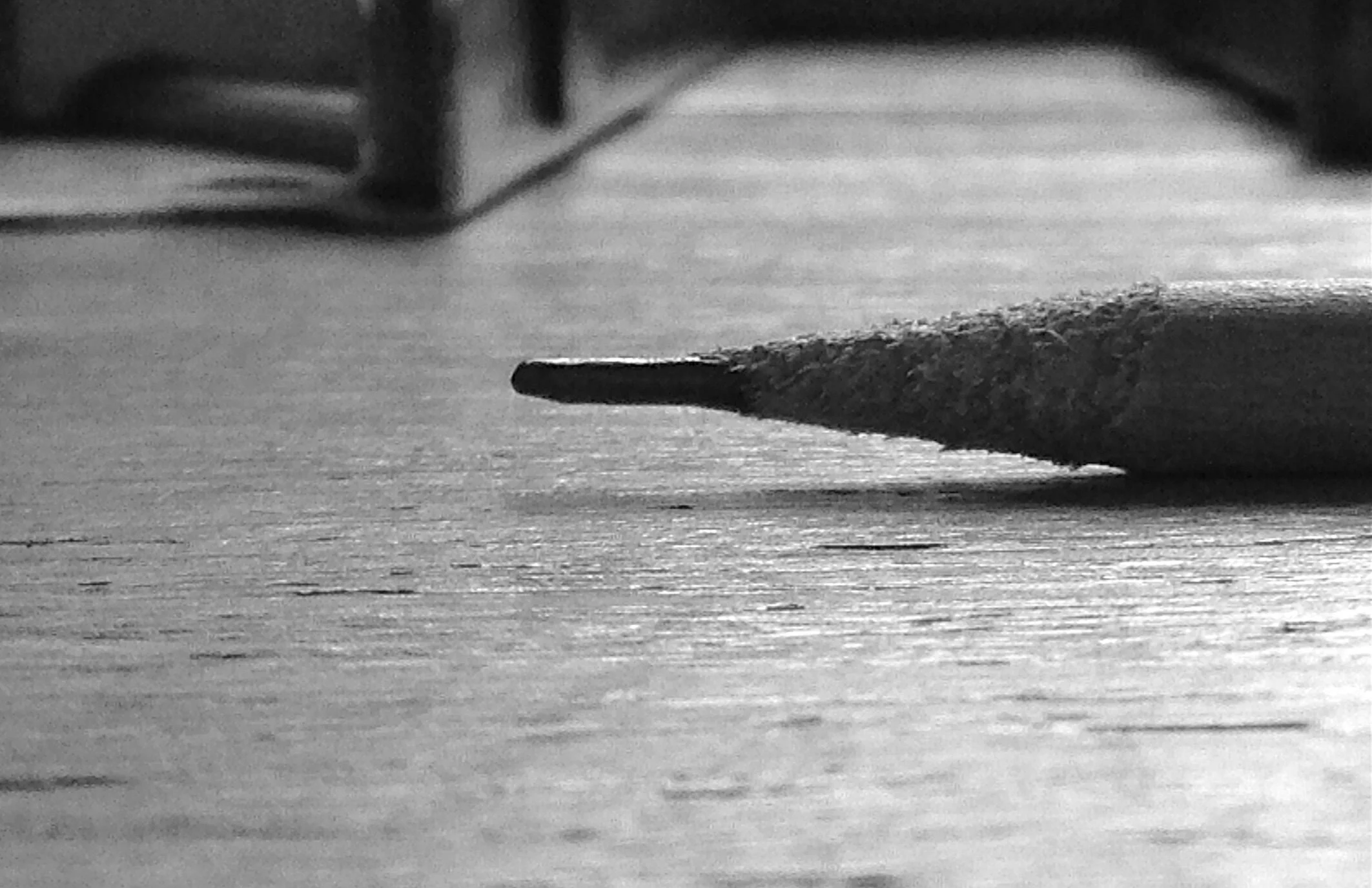When Harry Met Sally
/I’ll have what she’s having.
~ Older Woman Customer
Quick fox: B+ | Copper
winding dragon
The plot of When Harry Met Sally is basically Woody Allen’s Annie Hall (1977)—except without the cocaine sneezes and bittersweet ending. Rob Reiner’s classic romantic comedy is about the unlikely relationship between two eccentric people in New York City. After meeting intermittently over ten years, Harry Burns (Billy Crystal), a man who relishes in cynicism, and Sally Albright (Meg Ryan), who romanticizes logical patterns, decide to become just friends after each experience failed relationships with other people. But the more they talk about love and marriage and sex, the greater the tension builds and threatens to ruin their friendship.
Before I share my thoughts, I would like to provide a quick disclaimer: I love When Harry Met Sally (1989). I think it’s hilarious, witty, and brilliantly acted. The line “I’ll have what she’s having” is now one of my favorite cinematic moments (those who’ve seen the film know what I’m talking about and those who haven’t can look it up, because I don’t feel comfortable—and not sure I’m allowed to—explain it).
But there’s a reason Annie Hall won the Academy Award for Best Picture and When Harry Met Sally didn’t even get nominated.
There are the nitpicky aspects—Billy Crystal and Meg Ryan do NOT look like they were straight out of college at the beginning—and then there are the larger issues. For one, the film tends to toss around philosophical aphorisms (statements believed to be true regardless of legitimacy) and never delve into their deeper impact. Instead, they’re usually only used as a cheeky remark. Lines like “Men and women can’t be friends” or “Marriages ruin relationships” are shrouded in irritating ambiguity because their seriousness is undermined by Harry and Sally’s actions proving them simultaneously right and wrong.
Another thing is that it has an unhealthy obsession with sex. There’s a gender criticism theory for fiction/movies called the Bechdel test, which examines whether two females are able to talk about anything else besides men. (You’d be surprised how many films actually don’t pass.) Similar to the Bechdel, I have a theory I like to call the “Straight Attraction” test, which asks if two people of opposite sex can survive the entire film without having some weird sexual tension hovering over them. When Harry Met Sally is one gigantic bubble of sexual tension. And it’s literally the only conversation Harry and Sally have with each other. Harry is a political consultant and Sally is a journalist, but the audience never sees them working. I can’t remember them mentioning their parents or if they have siblings. And it seems like the only hobbies they have are watching television and making groaning noises on the telephone. (Again, people who’ve seen the film understand what I mean.)
What makes the single-minded focus worth it, however, is the beautiful chemistry Billy Crystal and Meg Ryan have onscreen. For myself, there’s a bit of misplaced nostalgia because I grew up listening to them give voice to Mike Wazowski and Anastasia. What I think makes their performances even better is to know how often they improvised scenes by themselves. Great lines like Harry’s “But I would be proud to partake of your pecan pie” were ad-libbed, and that cinematic scene I referenced earlier came from imagination of Meg Ryan.
Overall, When Harry Met Sally is deserving of its classic status in pop culture. It does have some unfinished strings attached to it, but the comedy manages to cover it up smoothly. If you’re looking for something to lift your spirits, then I would definitely recommend this film.
